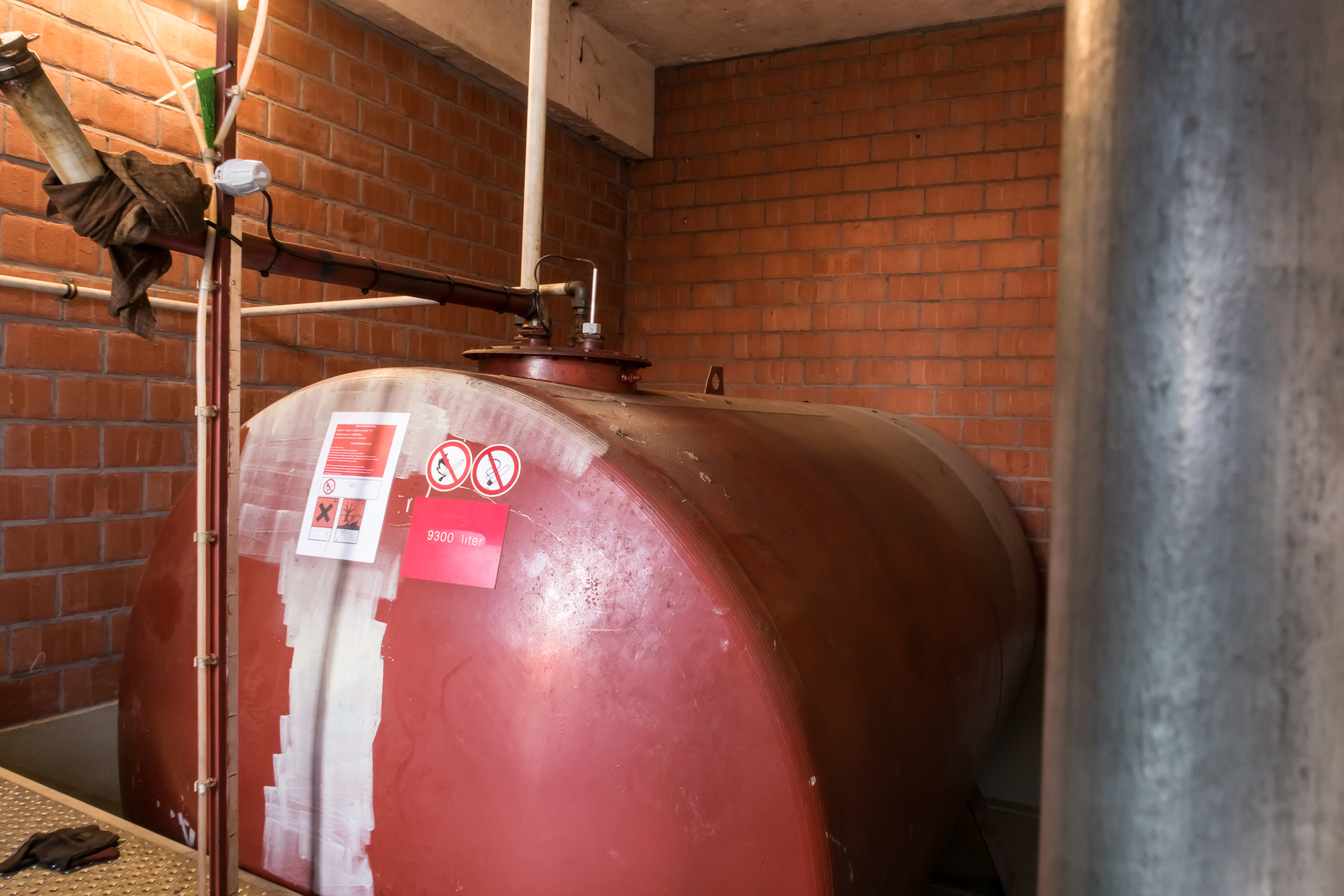
How To Prevent Heating Oil Thefts
With news coming to us this week of yet another oil theft, this time from a property in Sudbury in Suffolk where hundreds of pounds worth of oil was stolen, there’s no time like the present to focus on site security so you can make sure your oil supplies are as safe as they can be.
According to the East Anglian Daily Times, the theft took place on April 14th between midnight and 2.20pm, with the oil taken from a tank on the property.
Police issued advice for anyone who may store oil on site in a similar fashion, suggesting putting lighting around any tanks, checking oil gauges regularly, investing in approved tank alarms and securing any fencing around the tanks themselves.
Rural properties may be particularly at risk from this kind of theft because they’re harder to monitor, which makes it easier for prospective thieves to sneak onto site under the cover of darkness (and even occasionally during the day) to drill holes in storage tanks and siphon fuel out.
You would be wise to make sure that oil tanks are placed within sight of occupied buildings, wherever possible. Consider setting up some fencing around the perimeter of the tank to act as a deterrent… thieves are easily put off so making it hard for them to gain access to your tank will prove very effective at protecting your heating oil.
If it’s possible to store your tank in a garage, shed or outbuilding, this would be a good idea and it will have the added benefit of protecting it from drops in temperature.
British Standards regulations allow you to keep domestic oil storage tanks inside as long as there is secondary containment, the tank has a capacity of under 3,500 litres, is located at the lowest level, is contained alone with a one-hour fire-resistant chamber and as long as there is good ventilation.
Another option, if you’re unable to store it in a building on site, is to consider installing it below ground instead. Be aware, however, that this brings with it an elevated risk of pollution so there are numerous government regulations you will need to comply with.
You can also help to safeguard your interests from the outset by choosing the right kind of tank. Plastic ones may well be cheaper and thus more attractive, but bear in mind that steel tanks offer a stronger storage solution as they’re harder to drill into and much harder to move because they’re heavier than their plastic counterparts.
It’s also essential that you have the appropriate oil tank insurance in place, just in case you are targeted by thieves. Damage is likely to be done to the tank and any security measures you’ve had installed, as well as the environment – so insurance is an absolute must.
For information and help relating to industrial heating oil, get in touch with Re:Group today.

